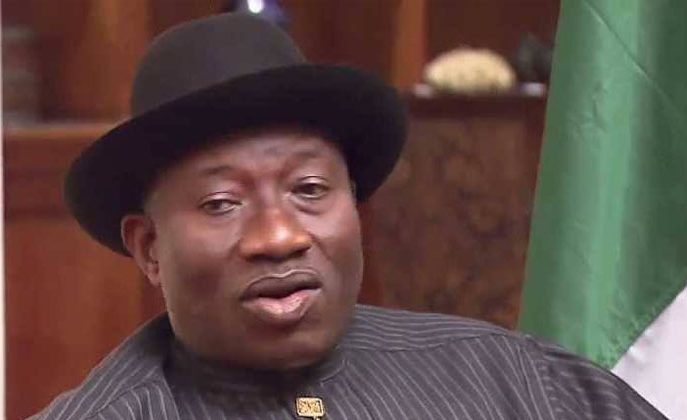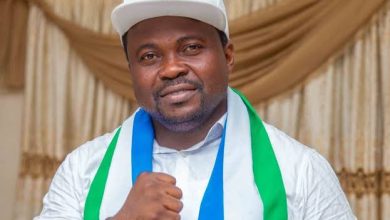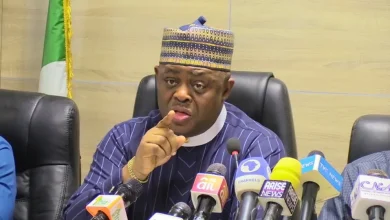“Ex-President Jonathan Warns: One-Party System Poses Danger to Nigeria’s Democracy”

According to former President Goodluck Jonathan, Nigeria runs the risk of becoming a one-party state.
Jonathan made the warning in Abuja on Wednesday during a memorial lecture and day of remembrance for the late elder statesman Edwin Clark.
According to reports, Ijaw politician and leader Clark passed away in February at the age of 97.
Jonathan believes that any attempt to use political maneuvering to establish a one-party state in order to satisfy exclusively individual desires would be harmful to the nation.
“If we must, as a nation, adopt a one-party system, then it must be designed, planned by experts—and we must know what we are going in for,” the former Nigerian leader said.
“But we are on the verge of a crisis if we get there through political manipulations.”
The former president’s warning comes after some Nigerians expressed concern that, given the wave of opposition party defections to the ruling All Progressives Congress, or APC, the nation may be heading into a one-party state.
The opposition, particularly the Peoples Democratic Party (PDP), was thought to have been severely undermined by the defections.
Read Also: Nenadi Usman’s Faction of Labour Party Sets Up 4-Man Committee to Probe Abure
In addition to the defections, other PDP governors are allegedly in favor of President Bola Ahmed Tinubu’s candidacy for a second term, notably Nurudeen Ademola Adeleke of Osun State and Umo Eno of Akwa Ibom State.
Jonathan warned that Nigeria’s complicated ethnic, religious, and political terrain necessitates a more inclusive and thoughtfully planned political framework, even though he admitted that certain countries had successfully implemented one-party systems under particular historical and sociological circumstances.
Indeed, nations have managed one-party states. Given that Julius Nyerere of Tanzania employed a one-party system to stabilize his nation in the early years of independence, it is possible that one-party systems are not inherently bad. In his opinion, the nation, like Nigeria, had an excessive number of tribes and languages, as well as two fundamental religions: Islam and Christianity.
“It will be challenging to maintain unity if we permit various groups, some of which may be ethnic and others may be religious. But that wasn’t an accident; it was well-planned,” he continued.





